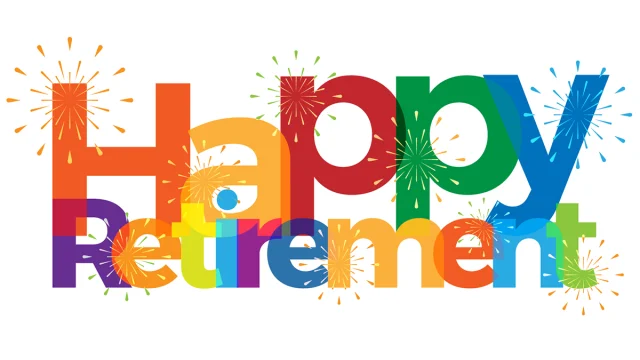
Online Goblins Want Your Money
No longer simply a convenience for shoppers, the internet has come into its own: it is now an ingenious tool for squeezing money out of our wallets.
This realization first struck me last year while helping my brother and his wife in Chicago with a flight to visit our mom in Orlando. The reason I was on the case is that he’s a bit of a technophobe. But it turned out that his technical skills weren’t the issue – the airline’s website was the issue.
To flyers’ chagrin, most airlines are now a la carte operations, charging separate fees for everything from baggage to potato chips. This makes it difficult to compare fares online – one way we might wind up paying more. But things went wildly astray for my brother when he clicked on one airline’s website icon to pay his and his wife’s baggage fees a few days before flying.
He was hurled off to a webpage beseeching him to join some type of $200 promotional program that included “free” baggage. The same thing happened when I tried the next day. It took all of my online ingenuity to figure out how to avoid the promotion and pay only their $30 per bag fees. I wondered whether other flyers had been sucked into paying for this promotion.
These website diversions are different from what has become routine: advertisements popping up that try to get you to take the plunge and buy the consumer product you were researching online yesterday. It’s difficult to ascertain which diversions are cynical marketing ploys and which ones are innocent technical glitches. But all of them have the potential to be costly to unwary consumers.
During a brunch on Easter Sunday, two friends confirmed my concerns that this isn’t just an issue for older people – one of my friends who complained about online trickery is 95 years old but the other is a tech-savvy college freshman.
All web crawlers are familiar with offers of free subscription trials. These are also dangerous.
Amazon’s popular Prime subscription provides both streaming videos and free shipping for online consumer purchases. The requirement for Prime’s “free trial” is that you provide your credit card number. Wouldn’t it be cool if you ultimately decide not to subscribe but forget to cancel your card authorization? Just think, the monthly charge for your subscription could go on for life! I hate to pick on Amazon, and, to be fair, it’s just the big gorilla, and other companies use this technique. Amazon pointed out one advantage of automatic payment: new subscribers don’t get dropped by surprise for services like the company’s streaming videos.
Here’s another example: buying wire racks for cookie sheets. I wanted two racks and entered the correct quantity into a kitchen retailer’s website. The first time I clicked “add to cart,” however, the cart showed that five cookie sheets had been ordered. I was able to change the quantity to two, but the higher price didn’t change. I had to return to the original wire rack item and click on two items again. This time the price was right, $38.32. In the online shopping rush, I imagine people sometimes don’t notice they’ve “overbought” due to a computer glitch.
Another concerning trend is advertisements for questionable financial products placed prominently on the websites of major U.S. newspapers. Newspapers are, unfortunately, desperate for ad revenue, but they should know better. Newspapers hire financial reporters to expose these unsavory products!
Squared Away’s readers can probably come up with even better (or should I say worse?) horror stories than these – please share them in our comments section below.
The point here is that you are not paranoid. The internet goblins really are out to get your money.
Squared Away writer Kim Blanton invites you to follow us on Twitter @SquaredAwayBC. To stay current on our blog, please join our free email list. You’ll receive just one email each week – with links to the two new posts for that week – when you sign up here.
Comments are closed.







Oh, I experienced a classic from oldish days, trying to cancel a free AOL trial obtained with the purchase of a Dell computer. For those who don’t remember, the AOL reps had their jobs on the line based on how many such cancellations they could prevent. Not a pleasant dealing for either party.
Of course, recent stories from Wells Fargo reveal that abuse of employees for sales goals remains ever popular.
Pair this story with the one on financial literacy and ask what is the common denominator? The lack of effective consumer protection laws — it’s not sufficient to disclose; some options should not be permitted.
It has always been a “war,” companies vs. consumers. Now retired, I worked in advertising, and you would not believe the money companies spend on focus groups, research, and other tools to separate consumers from their cash. The only thing new are the techniques.
‘Cynical marketing ploy.’ It is marketing in today’s world. I had a similar experience with a basket of 2 shirts when I wanted 1. It was my error. I chatted with someone who fixed it. The correct amount was give to me via chat and all was corrected by the time my credit card was charged.
I still believe in the age old principle “caveat emptor.” As a buyer, I am constantly on guard against these things.
I also believe in — and am not hesitant to use — the timeless word “NO.” Works every time.